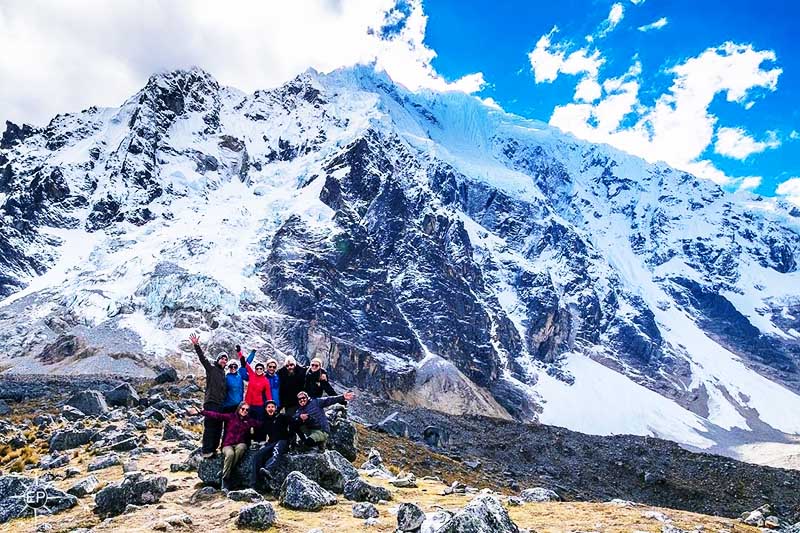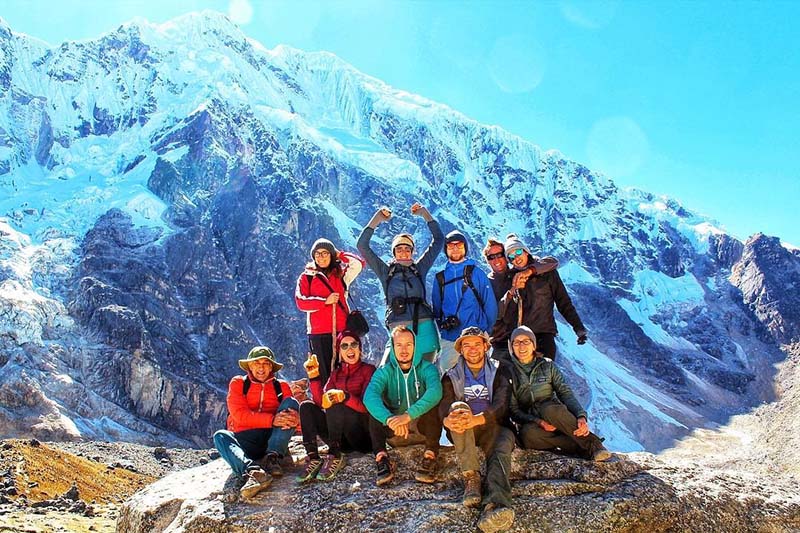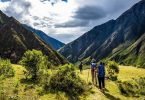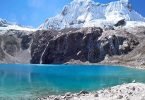
Without the previous care, the soroche or better known as altitude sickness can make our trip to ruin in a matter of minutes. The tourists that suffer it, usually do it since they reach 2500 meters above sea level. But, what is the best way to avoid and fight it? Here we tell you.
Plans Before leaving home
- Visit the doctor so that, according to your condition, it tells you what medicines you can take without compromising your health. Especially if you suffer from allergies or respiratory and cardiac diseases.
- The day of the trip, avoid consuming heavy and difficult to digest foods, such as meats. It is best to opt for cookies or bread.
- Do not smoke. Tobacco will deaderate your breathing, which in itself will be limited due to the decrease in oxygen.
The luggage
- Ready the adequate clothing that allows you to withstand the rigorous climate of the area to visit.
- They are essential: head protectors with earmuffs, gloves, scarf and windproof and waterproof jacket.
- According to medical recommendations, prepare your first aid kit with: analgesics for headache (paracetamol, ibuprofen or dexamethasone) and medicine for nausea (dimenhydrinate or metoclopramide).
Are you allergic?
- If your body rejects paracetamol or ibuprofen, use codeine. It is only prescribed by a doctor.
During the trip
- Drink plenty of liquid. Height dehydrates. Drink between four and five liters of water per day and continue with a light diet that gives you easily absorbed energy such as fruits, jams, cereals and Andean grains (quinoa, for example).
- At breakfast and dinner, drink coca tea to promote your digestion. You can also buy coca candy.
- In routes with steep climbs, avoid getting off the transport without being sheltered.

- Rest for at least one or two days and avoid physical efforts (such as going for a run or climb) until you are completely acclimatized.
- Do only slow walks around. If there are steep streets or stairs, do not ascend quickly.
- Eat enough, but avoid fried foods or spicy dishes.
- If you are going to have very high routes (from 3,500 m.s. to over), remember that you must make intermediate stops to achieve a progressive acclimatization.
And if you already had symptoms of altitude sickness, what to do?
- If you are at the hotel, lie down and have the head of the bed elevated at least 30 degrees. That will reduce headaches and nausea.
- Have around several sources of hydration: water without gas and mattes of coca or muña.
- Use the medicine recommended by your doctor. Coramine will also help reduce nausea. – If the symptoms are moderate or intense, go to the nearest medical center. The administration of an oxygen supplement is useful.







